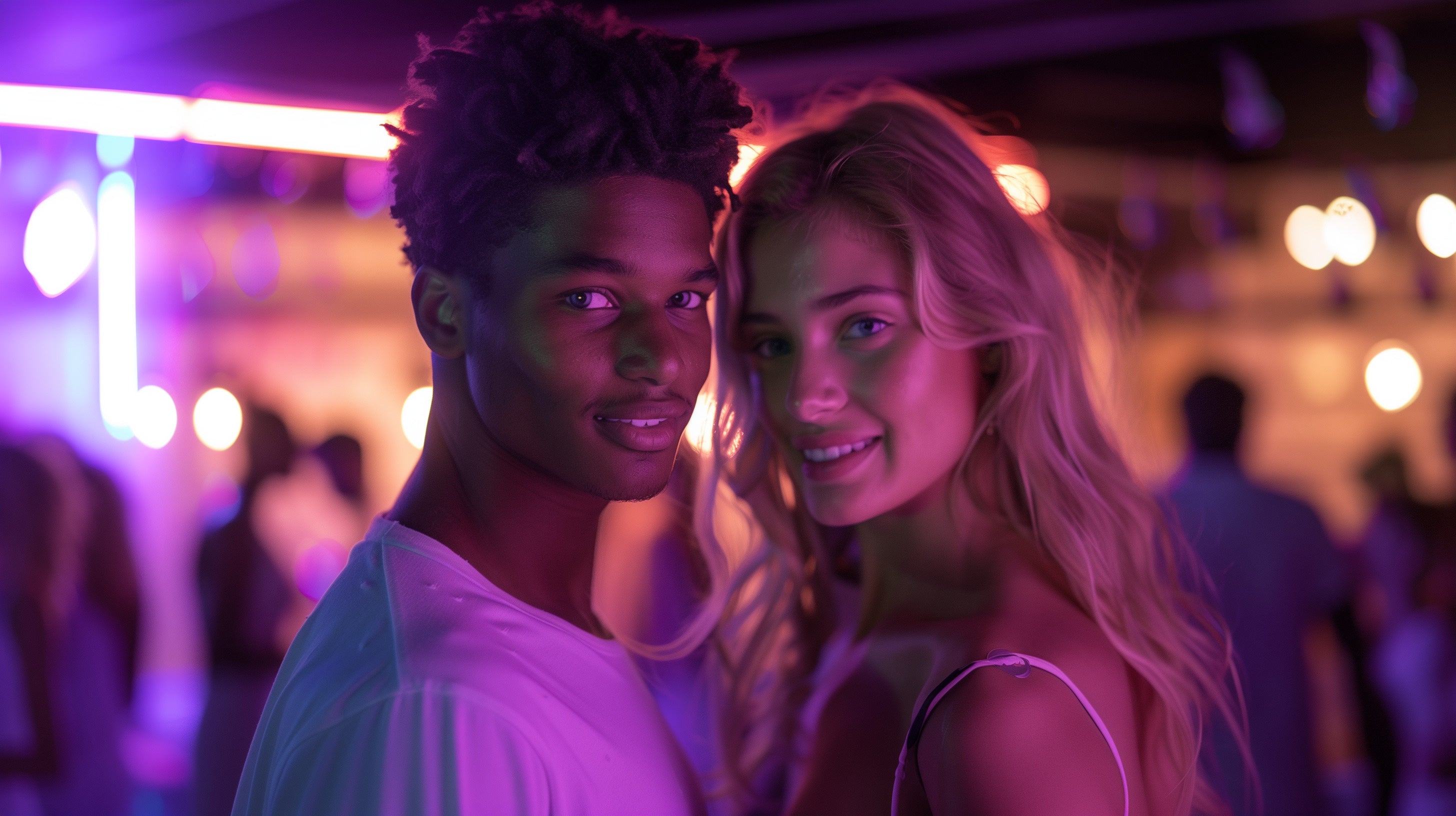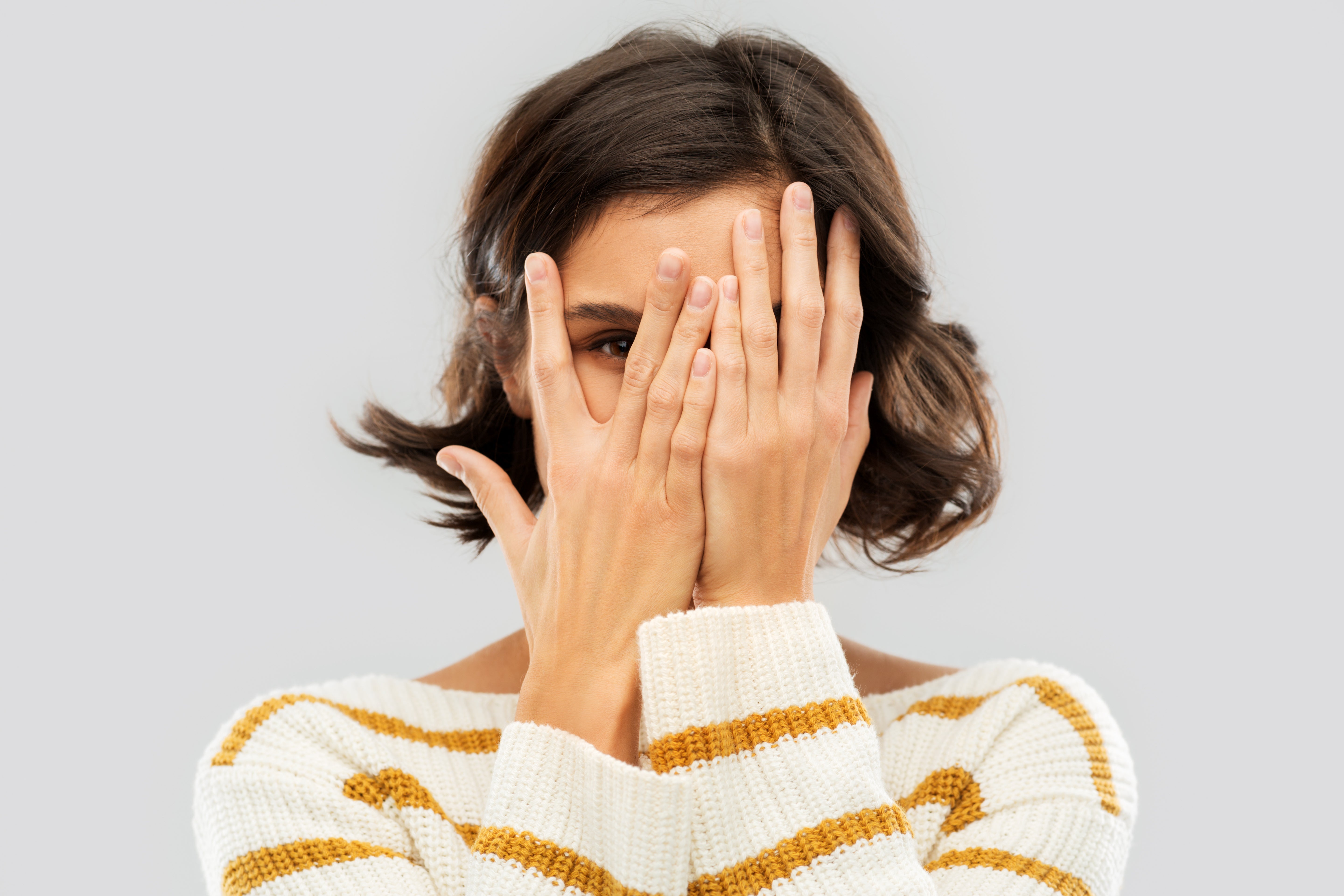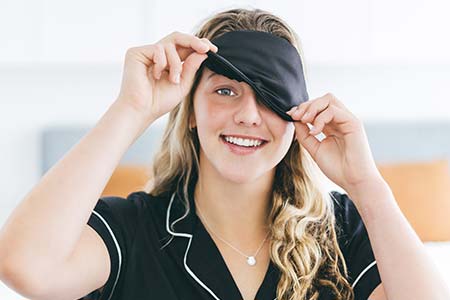Tan Lines: The Worst Kind of Summer Fling

You know those fun, exciting summer flings that make you feel amazing in the moment but as soon as the weather cools down, everything returns to normal, maybe with a lingering feeling of regret that you hope doesn't come back and bite you in the arse down the track? Kind of like Tan Lines, don't you think?!
I guess the lure of a summer glow and the holiday vibes a suntan gives has never really gone out of fashion, but we definitely got better at our sun safety behaviours and faking it....until we hit a little TikTok speed bump recently. I don't know who started it but somewhere between the northern and southern summers, an alarming trend emerged with young people, mostly girls, posting pics of their 'tan lines' (burn lines) and chatting about how the 'high UV will be so good for tanning' and someone even released an app providing advice on how long to lay out in high UV to achieve the level of tan you are after (cue lots of cringing, crying, yelling and screaming inside from me....and sometimes on the outside too!).
This absolutely blew my mind, how a couple of decades and millions of dollars in public health campaigns could be undone so quickly by a hideous social media trend. As I have voiced my outrage to many a poor teen who has come into my path over the last couple of months, I got the feeling that maybe (?) it isn't just absolute stupidity and disregard for health from these young people, but perhaps we've dropped the ball in the education of the younger generations about sun safety? Surveys indicate that many Gen Z individuals are not fully aware of the long-term risks associated with sun exposure, such as skin cancer and premature aging, so this knowledge gap definitely needs addressing.
Also, Gen Z's and younger Millenials are often the target of social media trends and influencers, which plays a significant role in shaping attitudes towards sun exposure. Tanning is often glamorized, which can lead to risky behaviors exactly like we have seen recently with the #tanlines craziness. Alarmingly, a 2024 survey by the American Academy of Dermatology found that twenty-eight percent of Gen Zers surveyed said getting a tan was more important to them than preventing skin cancer....holy moly.
Last year I wrote a 3-part sun series which you can revisit here, here and here. But to kick off 2025, let's really get back to basics on what happens to your skin when you spend (any) time in the sun.
What Causes a Sun Tan?
When your skin is exposed to the sun, specialised skin cells called melanocytes produce a pigment called melanin. The melanin is deposited strategically above the nucleus of your skin cells (where the DNA is stored) to shield it from the harmful effects of UV radiation. Your skin getting darker is your body's natural defense mechanism against sun damage. It means your body is in fight mode.
Sun Tan or Sunburn? Potayto Potahto.
Any change in the colour of your skin means that the melanocytes have swung into action to produce melanin which also means that your body has sensed a potential DNA damage threat and responded. As the saying goes, a tan is skin cells in trauma.
When your skin is exposed to high levels of UV radiation (like we see in an Australian summer), it becomes inflamed and damaged, leading to the painful redness and peeling associated with sunburns. Sun tans and sunburn eventually fade, however the damage doesn't and in fact accumulates over a lifetime. Even mild sunburn can increase your risk of developing melanoma, the deadliest form of skin cancer, and the more often you are burnt and the more severe the sunburn is, the higher your risk will be. UV radiation not only causes skin cancer but is the number one contributor to signs of ageing in the skin like wrinkle, dark spots and sagging.
The Takeaway
As we grow up we are going to make some poor choices and learn things the hard way but when our health is the risk, it's worth taking the time to think it through. I liken going in the sun unprotected in an Australian summer to taking up smoking. We have the science, the data are there to show that this behaviour will increase our risk of poor health, including cancer, in the future and once the damage is done it's hard to undo. Having a tan for a few weeks over the summer, getting tan lines to fit in with a TikTok trend is not worth the long term risk to your health, ever. Fake tan is so good these days, you can have a golden glow all year round and save your summer fling regrets for something more fun!
Let's bring back the slip, slop, slap, seek, slide to the front of our minds and keep the skin cancer rates falling.
References
- Diffey, B. (2001). Sunscreens: use and misuse. Journal of Photochemistry and Photobiology B: Biology, 64(2-3), 105-108.
-
American Academy of Dermatology survey shows Gen Z adults at risk for skin cancer due to increasing rates of tanning and burning. May 2024 American Academy of Dermatology Association. https://www.aad.org/news/gen-z-adults-at-risk-skin-cancer
-
Narayanan, D. L., Saladi, R. N., & Fox, J. L. (2010). Ultraviolet radiation and skin cancer. International Journal of Dermatology, 49(9), 978-986.
-
Rigel, D. S. (2008). Cutaneous ultraviolet exposure and its relationship to the development of skin cancer. Journal of the American Academy of Dermatology, 58(5), S129-S132.
-
Concerning new data shows almost half of Australians aren’t using adequate sun protection. 3 September 2024. Cancer Council Australia https://www.cancer.org.au/media-releases/2024/concerning-new-data-shows-almost-half-of-australians-aren-t-using-adequate-sun-protection
-
Skin cancer incidence and mortality - UV Radiation Prevention Policy: Related resources. Cancer Council Australia, last modified 20 October 2023 https://www.cancer.org.au/about-us/policy-and-advocacy/prevention/uv-radiation/related-resources/skin-cancer-incidence-and-mortality
-
Sunburn, tanning and solariums. Cancer Council NSW https://www.cancercouncil.com.au/cancer-prevention/sun-protection/preventing-skin-cancer/sunburn-tanning-and-solariums/



